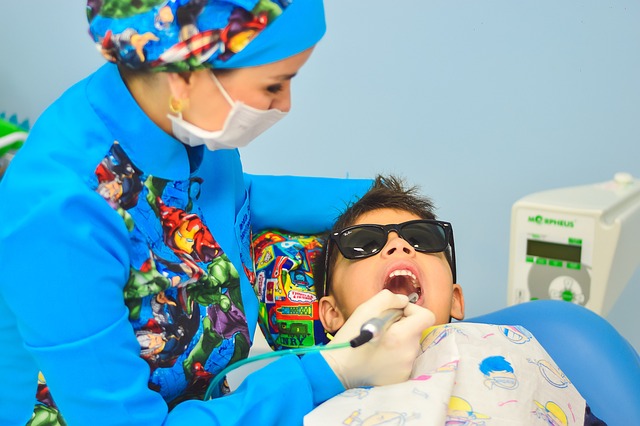As pet owners, we want our furry friends to live their best lives. A healthy smile is just one aspect of maintaining a happy and healthy pet. Regular dental care can help prevent a range of health problems, from tartar buildup to gum disease. In this article, we’ll explore the importance of maintaining your pet’s dental health and provide tips on how to do so effectively.
According to Dental Care Information for Professionals | Dentalcare.com, a pet’s teeth should be brushed daily, just like human teeth. However, this can be challenging due to their unique anatomy and the fact that they have no front teeth. The good news is that there are many other ways to maintain your pet’s dental health.
Firstly, it’s essential to establish a regular brushing routine with your pet. This may take time and patience, but it’s crucial for removing tartar and plaque from their teeth. There are many different types of toothbrushes available for pets, including homemade treats that can help make the brushing process more enjoyable for your pet.
Another way to maintain your pet’s dental health is through regular veterinary check-ups. Regular check-ups with your veterinarian will help detect any potential oral health issues early on, reducing the risk of more serious problems developing. It’s also an excellent opportunity to discuss your pet’s diet and how it may be affecting their teeth.
Regular check-ups are especially important for pets that are prone to dental issues. For example, if you have a dog with a history of tooth resorption, regular checks can help prevent further complications. Your veterinarian will also provide personalized advice on how to care for your pet’s teeth and mouth.
In addition to regular brushing and veterinary check-ups, there are many other ways to maintain your pet’s dental health. For example, you can try providing your pet with plenty of fresh water to help keep their mouth moist and clean. You can also offer them a variety of healthy treats that are designed specifically for oral health.
Regular dental care is essential for maintaining your pet’s overall health and well-being. By establishing a regular brushing routine, providing plenty of fresh water, and attending regular veterinary check-ups, you can help prevent a range of health problems and ensure your pet lives a happy and healthy life.
One of the most common issues faced by pets is tartar buildup on their teeth. Tartar can lead to gum disease, which can cause pain, bad breath, and even lead to heart problems if left untreated. Regular brushing with a toothbrush or a dental pick can help remove tartar from your pet’s teeth.
Another common issue faced by pets is bad breath. Bad breath in pets can be caused by a variety of factors, including poor oral health, diet, and even kidney disease. If your pet has persistent bad breath, it’s essential to consult with your veterinarian to rule out any underlying medical issues.
The Importance of Regular Veterinary Check-Ups for Pets
Regular check-ups with your veterinarian are crucial for maintaining your pet’s dental health. During these checks, your veterinarian will examine your pet’s teeth and mouth to look for signs of oral health issues, such as tartar buildup or gum disease.
Your veterinarian can also provide personalized advice on how to care for your pet’s teeth and mouth. They may recommend a specific toothbrush or dental pick, or provide guidance on the best diet for maintaining good oral health.
VA Dental Care
The VA offers a range of dental services for veterans, including routine cleanings and fillings. The VA also provides access to dental care specialists, who can provide expert advice on maintaining your pet’s oral health.
Conclusion
Maintaining your pet’s dental health is crucial for preventing a range of health problems and ensuring they live a happy and healthy life. By establishing a regular brushing routine, providing plenty of fresh water, and attending regular veterinary check-ups, you can help prevent tartar buildup, gum disease, and other oral health issues.
Remember to always consult with your veterinarian for personalized advice on maintaining your pet’s dental health.

